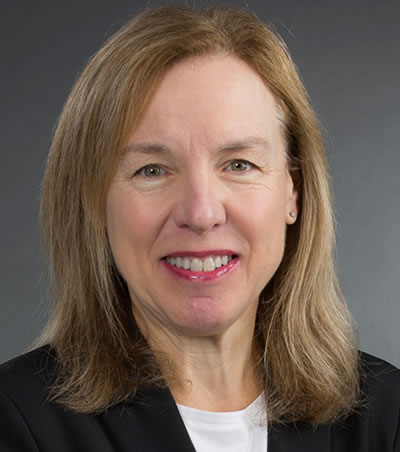Seres Therapeutics, the biotech company that pioneered one of the first microbiome drugs, a pill containing bacterial spores purified from poop, announced promising but early results for a new experimental treatment.
In a Phase 1b study with data from 34 blood cancer patients receiving stem cell transplants, 10% of those who got the drug developed bloodstream infections during the 100-day study compared to 43% of patients who got a placebo. And people on the drug, dubbed SER-155, spent an average of nine days taking antibacterial and antifungal drugs compared to 21 days for placebo recipients, the company announced Thursday.
 Eric Shaff
Eric Shaff“These are patients that are undergoing all sorts of conditioning regimens, which can leave them immunosuppressed and vulnerable,” CEO Eric Shaff said in an interview with Endpoints News. “We are seeing some interesting signals,” he added, “all of which line up in an encouraging way.”
But the company wouldn’t disclose its next steps for testing the drug in a bigger study. Seres is set to run out of cash by the end of next year, and likely will be hard-pressed to generate additional data from a new study before then.
“There are multiple ways in which we can support the program and the company, whether it’s through equity capital or through partnership,” Shaff said. “We think that there will be an interest in this asset based on the clinical signals that we’ve seen.”
Seres, like other biotechs in the microbiome field, once had ambitions to treat many diseases, including cancer and ulcerative colitis, but has deprioritized those efforts due to lackluster results and dwindling funds. SER-155 is its last drug remaining in clinical testing.
Its first therapy, Vowst, was approved last year to help restore a healthy gut microbiome and prevent recurring infections of C. difficile, dangerous bacteria often acquired from hospital stays that can be tough to shake. But so far, Seres and its partner Nestlé Health Science have been selling the drug at a loss. In June, the small company said it would sell Vowst to Nestlé to pay off its debt and extend its cash runway into the fourth quarter of 2025.
The company’s stock $MCRB fluctuated on the SER-155 results and was trading down about 5% on Thursday afternoon.
Restoring a battered microbiome
The new drug builds on the idea of restoring a protective microbiome in cancer patients whose gut microbes are depleted from antibiotics, gastrointestinal tracts are damaged from chemotherapy, and immune systems are weakened from drugs that help prevent rejection of the stem cell transplant.
Unlike Vowst, which relies on stool donations as the source of bacterial spores, the new drug is made from a combination of 16 bacterial strains cultivated in Seres’ labs.
 Lisa von Moltke
Lisa von Moltke“They help crowd out the bad actors. They compete with them for food sources and try to restore a balance,” chief medical officer Lisa von Moltke told Endpoints.
The company also believes the bacteria can help restore the damaged epithelial tissues in the gut and make it harder for any bad bugs to sneak into the bloodstream, she added.
Assessing the safety of the drug was a primary goal of the study. Diarrhea and nausea occurred in most patients and slightly more frequently in those who got the drug. Severe adverse events occurred in 52% of drug recipients and 42% of placebo recipients, but the company said these events were unrelated to the microbiome drug.
Three people died during the study, including one patient on the drug who developed hepatic veno-occlusive disease, a known complication of stem cell transplants, according to von Moltke. Two patients who got the placebo died from bloodstream infections, one due to sepsis and another from multi-organ failure, she added.
The study’s other primary endpoint measured whether the strains in SER-155 were present in stool samples after 100 days. Shaff said the results were “consistent with what we had hoped for,” but he didn’t share details about the number of patients who met the company’s threshold for engraftment.
Seres also looked to see if the drug prevented graft-versus-host disease, but the results were less dramatic. 70% of patients on the drug developed the disease compared to 93% on placebo. A slightly smaller percentage of patients on the drug compared to placebo developed febrile neutropenia, a common complication of stem cell transplants, but the effect was not statistically significant.